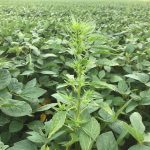
We use advanced crop pathology diagnostic methods- including DNA markers and Spore Imaging– to identify pests threatening your crops.
Why Test Your Field?
Accurately identifying and quantifying the pathogen type helps growers select the most appropriate management tool to address the problem before it impacts yield and profitability. In addition to advanced crop pathology diagnostic methods including spore imaging, PSI uses an increasing number of DNA based tools to determine the race or pathotype of the pathogen that may be present- key knowledge for maximizing genetic resistance traits in varieties. Monitoring the presence and levels of pathogens in the field provides ‘early warnings’ of emerging pests.
About the #GetTested Program
Manitoba Canola Growers Association Members can get free testing for clubroot, Blackleg race and Verticillium stripe on all their fields.
Testing for Glyphosate resistant Kochia and Tier 1 Noxious Amaranth Species is available as a fee-for-service test.
When to expect test results:
Our goal is to have test results available 10 days after the sample is received.
Soil tests may take longer as the soil needs to air dry before processing.
Any questions- contact us!
Testing Services
We test for presence of the following:
- Clubroot
- Blackleg
- Verticillium Stripe
- Glyphosate Resistant Kochia
- Tier 1 Noxious Amaranth Species ID
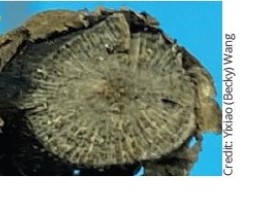
Did you know…
Blackleg and Verticillium stripe can both be present on a mature canola.
Blackleg is a stubble-borne disease caused by a fungus that favours wet/warm conditions.
Verticillium stripe is a soil-borne disease caused by a fungus that favours infection in stressed canola plants under dry/hot conditions.
Both diseases cause stunting, leaf chlorosis, lodging, dieback and premature ripening symptoms.
The Canola Council has prepared a guide to help growers and agronomists differentiate between these two diseases when scouting canola crops.
Submit samples for testing and confirm which disease or diseases may be causing yield loss. This information can help guide variety selection in future years.
From the Lab Bench…
2024 Amaranth Weed Species ID
PSI has assayed 98 submissions of Amaranth tissue as of Sept 10 2024.
The majority of the samples received to date have been identified as the Tier 1 noxious weed, A tuberculatus (Water Hemp), followed by A retroflexus (Red Root Pigweed). Plants with DNA from two species- in this case, A retroflexus and A tuberculatus– are reported as hybrid.
This year, the A retroflexus plants appear to be larger, with different leaf and floral structures than have been observed in the field in past seasons. This is one of the most important benefits of DNA-based tissue testing vs relying solely on visual symptoms.
Samples for testing can be submitted as long as there is green leaf tissue on the plant.
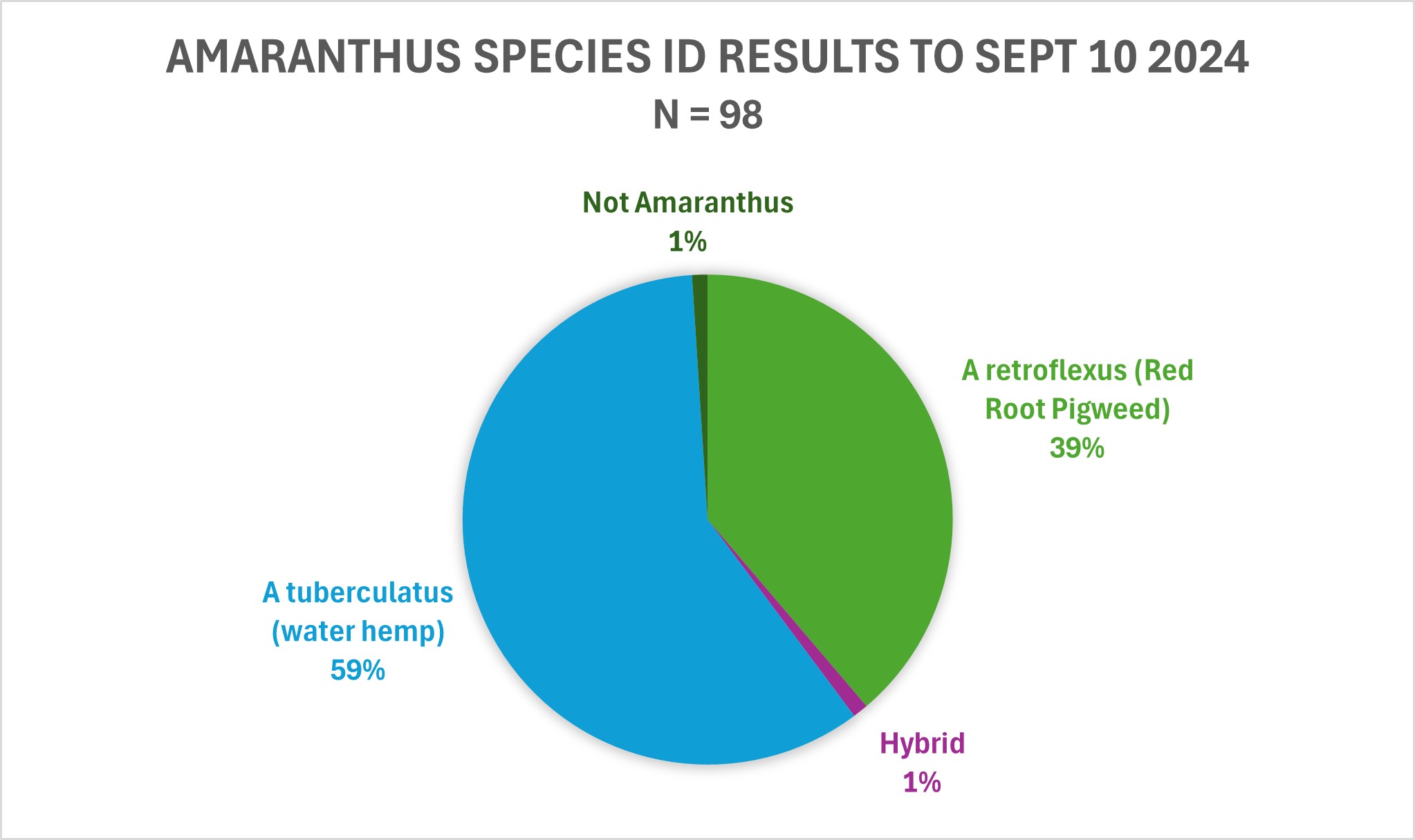
What the Experts Say
Photo credits: Canola Council of Canada; MB Agriculture
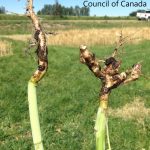
Clubroot
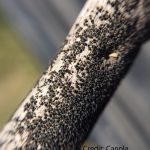
Blackleg
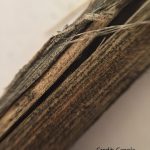
Verticillium stripe
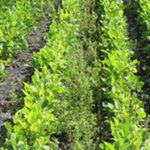
Glyphosate Resistant Kochia
